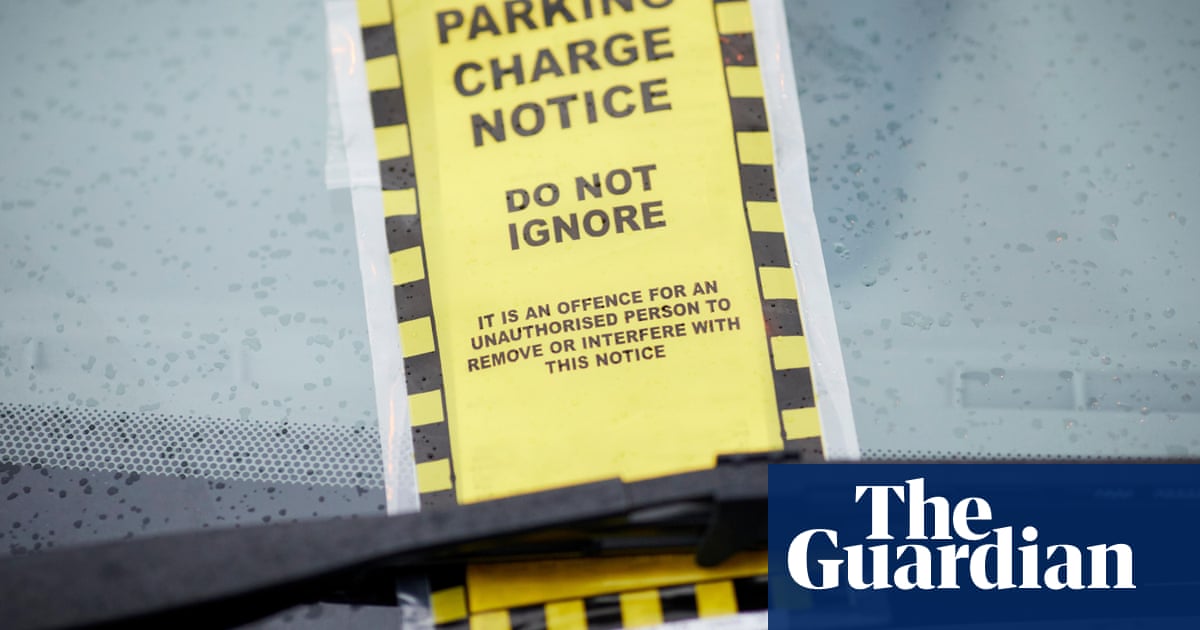In February, I parked briefly outside a clothing store to visit a nearby shop. As soon as I entered, the shopkeeper informed me that parking was not allowed in that area.
I immediately returned to my vehicle and left. The total duration of my stop, according to theparking charge notices (PCNs) I received the following week from Euro Parking Services (EPS), was justtwo minutes and 24 seconds.
I appealed against the fine that day via email and received an automatic acknowledgment. However, I heard nothing more from the company.
Then, at the start of April, I received a reminder stating that the fine had increased to £100. The letter included a paragraph stating my appeal had been rejected, although I had not been informed of the decision.
In response, I submitted a second appeal. I am willing to pay the original £60 charge if my appeal is formally rejected, but I strongly object to being charged more when it failed to communicate the result.
More fundamentally, I believe no one should be fined for stopping for just overtwo minutes. It feels deeply unjust and contrary to common sense.
AA,Birmingham
With parking companies sending out41,000 parking charge notices (PCNs) in Britain every day, we could devote this column to thescourgeof excessive charges. I was intrigued, however, to see someone penalised for a stay of under five minutes.
It turns out that the small parking area you used is reserved for the customers of the adjacent clothing store. The landowner hired EPS to manage it due to concerns motorists were using it while visiting other businesses.
The signage states that the spaces are for customers of that store only, and your registration must be entered in a kiosk inside it to validate the stay. The site does have a five-minute “consideration period” (the window motorists have to decide whether to park at a location) but once you have parked and left your car, that ends.
After I got in touch, EPS offered you another fortnight to settle the charge at £60, as you did not receive the appeal rejection (although a search of its system indicated it was emailed). This is what you wanted, and you have paid up. Had you wished to take it further, there is always the Independent Appeals Service.
This is my final column, but I will still be writing about consumer affairs, so get in touch in the usual way
We welcome letters but cannot answer individually. Email us atconsumer.champions@theguardian.comor write to Consumer Champions, Money, the Guardian, 90 York Way, London N1 9GU. Please include a daytime phone number. Submission and publication of all letters is subject toour terms and conditions.
